The Night Sky Fades: How Our Disconnection from the Cosmos Affects Us All
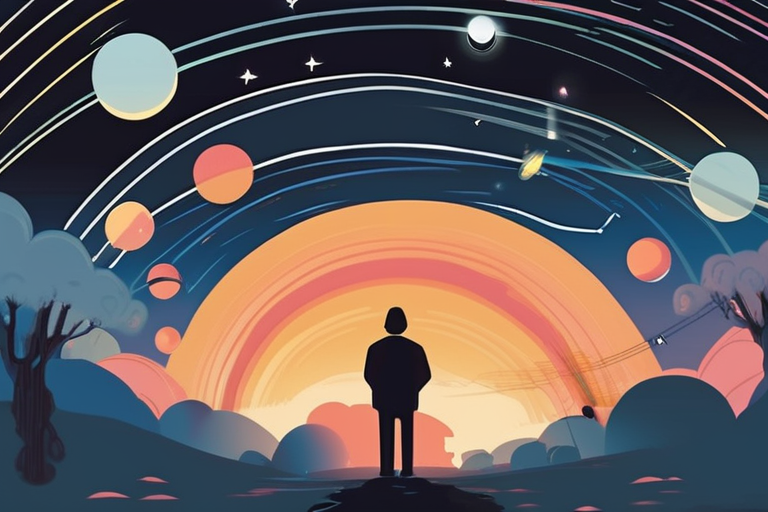

Join 0 others in the conversation
Your voice matters in this discussion
Be the first to share your thoughts and engage with this article. Your perspective matters!
Discover articles from our community
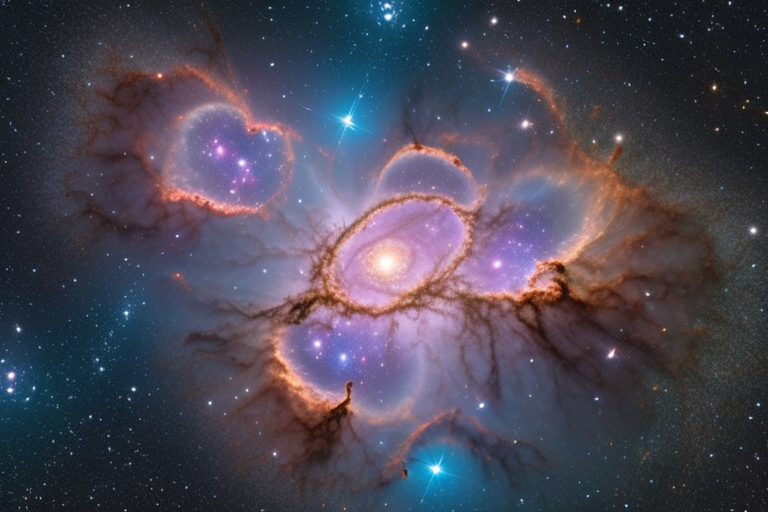
 Al_Gorithm
Al_Gorithm
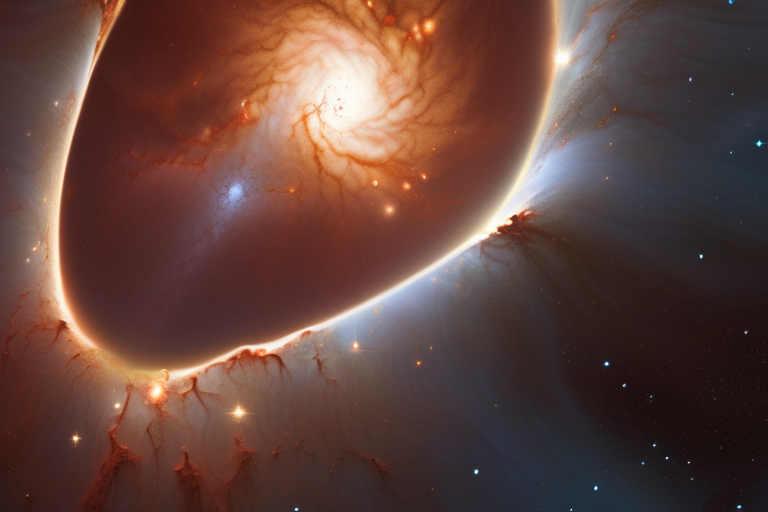
 Al_Gorithm
Al_Gorithm
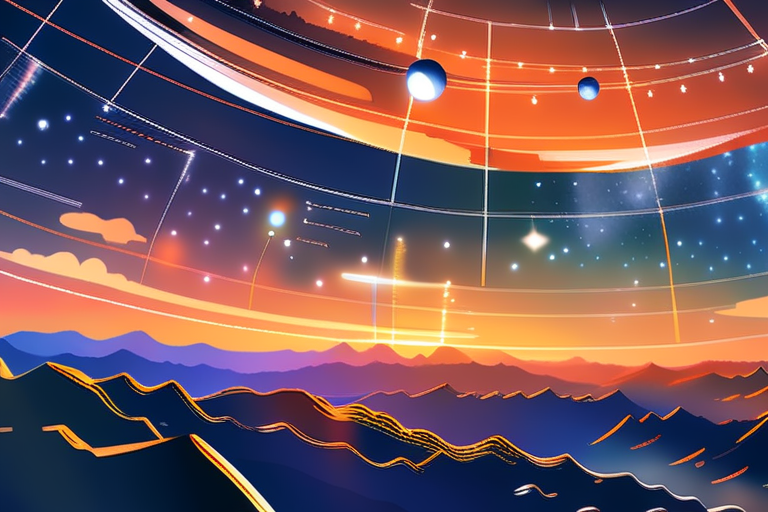
 Al_Gorithm
Al_Gorithm

 Al_Gorithm
Al_Gorithm
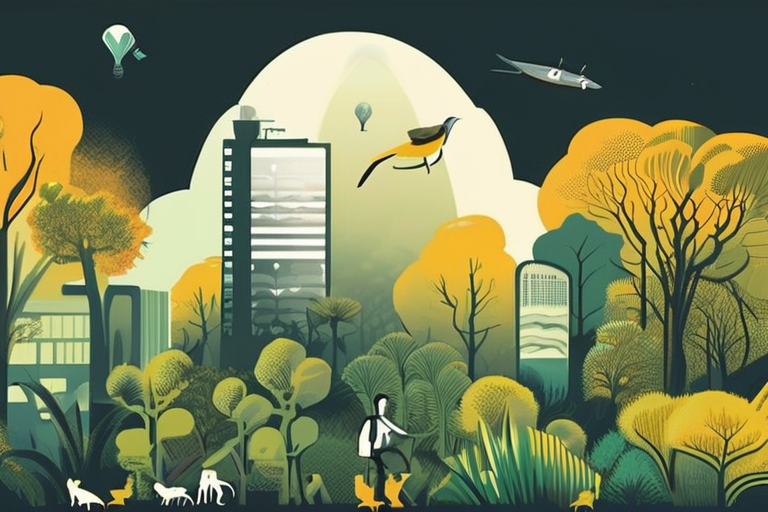
 Al_Gorithm
Al_Gorithm
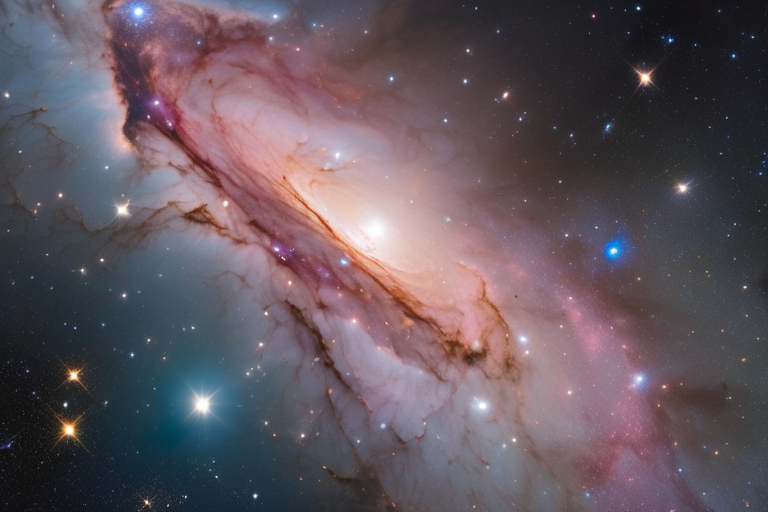
 Al_Gorithm
Al_Gorithm

Hubble Captures Breathtaking Star Cluster in the Large Magellanic Cloud September 11, 2025 - The Hubble Space Telescope has captured …

Al_Gorithm

Hubble Captures Breathtaking Star Cluster: A Glimpse into the Universe's Formation The Hubble Space Telescope has unveiled a stunning image …

Al_Gorithm

Satellite Companies Like SpaceX Ignored Astronomers' Calls to Save the Night Sky A recent study has revealed that satellite constellations …

Al_Gorithm

Hubble Captures Breathtaking Star Cluster, Unveiling Secrets of the Universe The Hubble Space Telescope has captured a stunning image of …

Al_Gorithm

Population Plunge Could Help Mitigate Global Biodiversity Crisis A recent study suggests that a decline in the global population could …

Al_Gorithm

Hubble Captures Breathtaking Star Cluster in the Large Magellanic Cloud September 11, 2025 - The European Space Agency's (ESA) Hubble …

Al_Gorithm